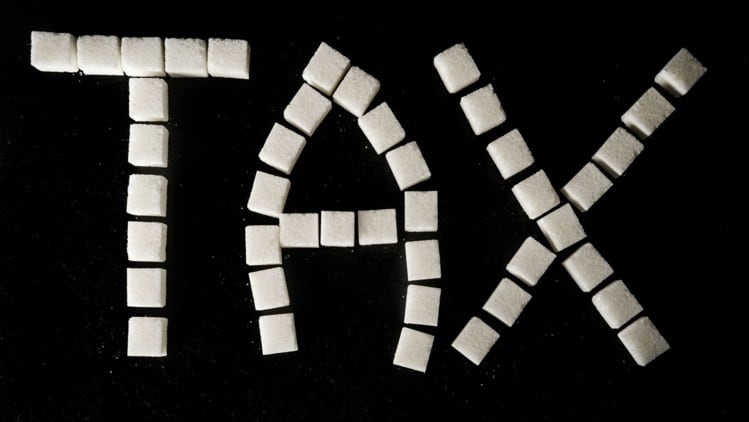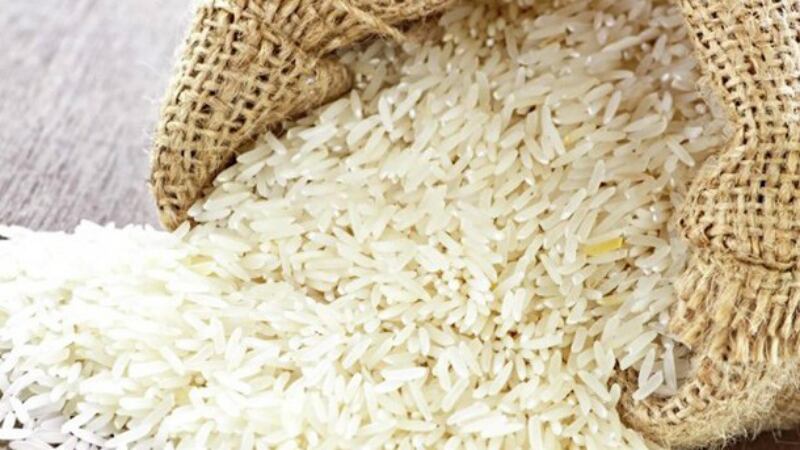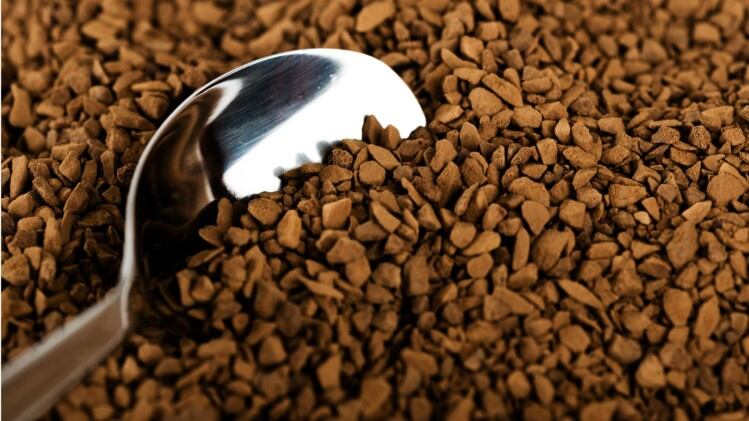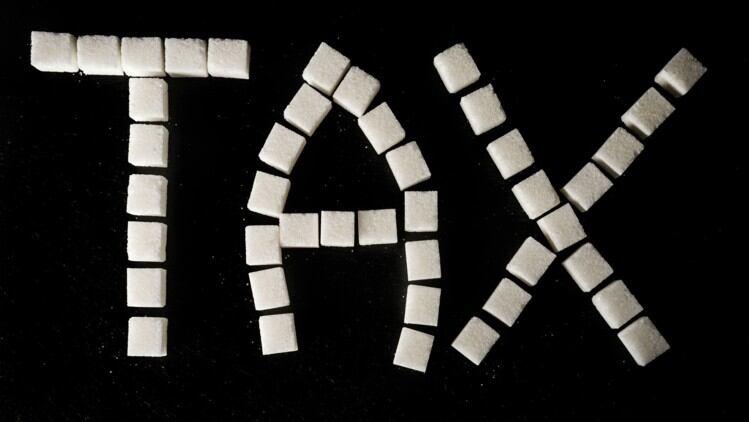According to Penang Institute’s Socio-economic and Statistics Programme, it is likely that a soda tax will just trigger consumers to shift to sugar from other food and beverages, especially “if [the] soda tax is not sufficiently significant”.
“[T]he rate of the soda tax has to take into account the price of substitute food and beverages,” it added.
“[T]argeting only on sweetened beverages would not be sufficient to address the public health concerns especially on rising trend of obesity and diabetes,” Dr Lim Chee Han, Senior Analyst, Penang Institute in KL told FoodNavigator-Asia.
The over-consumption of sugar is considered a health risk as it has been linked to chronic diseases such as obesity and diabetes.
The idea of a soda tax was first mentioned by Malaysian Prime Minister Tun Dr Mahathir Mohamad.
Tun Mahathir had said: “The rate of diabetes in Malaysia is very high because we take too much sugar.”
The tax considerations were made public around the same time the government announced the price of sugar would fall by US$ 0.024 (RM 0.10) by September 1.
However, in Malaysia, the majority of local food and beverage outlets prepare their own non-soda drink options that are both economical and high in sugar.
Popular examples are teh tarik (milk tea, five teaspoons of sugar per cup) and sirap bandung (rose syrup with milk, six teaspoons of sugar per cup).
Consumers have a wide array of sweet beverage options, which means a soda tax is unlikely to reduce the overall amount of sugar consumed per person by any significant amount.
Penang Institute also commented that the widespread availability of high-sugar foods would dull the effects of soda tax.
Tax expansion
“[The] effectiveness of implementing soda tax is [also] largely dependent on the price of other sugary foods [and] junk foods, which also contains high levels of sugar,” it added.
“The issue is that the production cost for soda drinks and sweetened beverages is low. In fact it is much lower than most alcoholic beverages,” said Dr Lim.
“How much could the government levy on sweetened beverages so to make the consumers reduce the intake, as it is rather unlikely for the government to make soda drinks as expensive as alcoholic beverages?”
In order to maximise effectiveness, the suggestion is for the tax to be expanded to all sugar-sweetened beverages (SSBs).
To this end, the taxing of sugar and not just soda is seeing support from experts.
“[W]hat the government still can do is to expand and transform the ‘soda tax’ to ‘sugar tax’ imposed on manufactured and imported F&B products which exceeded certain threshold of sugar level,” said Dr Lim.
“The government must conduct a study to determine if sodas really are the main contributor towards diabetes in Malaysia, or is it sugar?” said Universiti Putra Malaysia’s Putra Business School senior lecturer, Dr Ahmed Razman Abdul Latiff.
According to the Academy of Sciences Malaysia (ASM): “Sodas are only one source of added dietary sugar; there are so many other types of beverages and confectionery with high levels of sugar.”
“If the taxes are motivated by reducing sugar content; then a tax on food with high levels of sugar should be considered; i.e a sugar tax.”
Commenting on the effectiveness of taxes for population health, Food Industry Asia (FIA) Policy Director Steven Bartholomeusz said to FoodNavigator-Asia: “Policy interventions aimed at influencing the behaviour and habits of the population, should look at positive incentives that encourages product innovation and reformulation rather than disincentives.”
Elsewhere, Saudi Arabia is paying a 100% levy on energy drinks and a 50% tax on carbonated drinks. Thailand is phasing in a sugar tax over the next six years, and the Philippines has imposed a tax on sugar-sweetened beverages that will see a 4% increase yearly.





